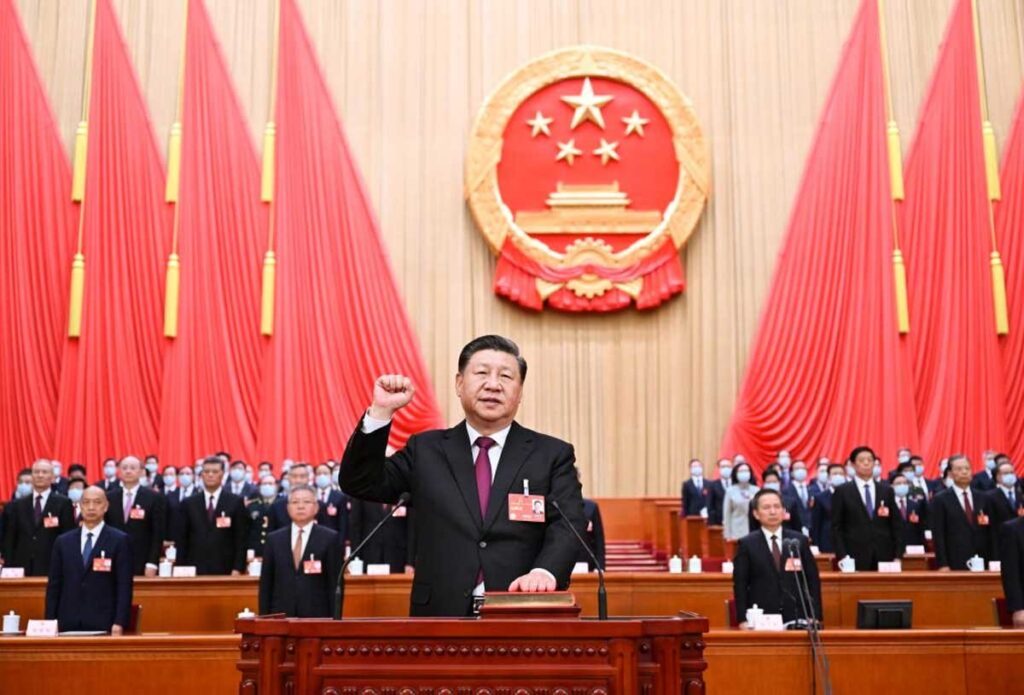Chinese universities integrate espionage detection courses amidst national security concerns.

China’s leading universities are incorporating espionage detection courses into their curricula in response to President Xi Jinping’s call for “extreme-case scenario” thinking and the enactment of a new anti-spy law. This development underscores the Chinese government’s growing apprehensions about foreign espionage activities, particularly within the energy sector.
At Tsinghua University, students and faculty members are being exposed to instructional videos that encourage them to become “defense lines” against foreign forces. Beijing University of Technology has even hosted a national-security-themed garden party, while Beihang University has introduced an interactive training game called ‘Who’s the Spy? This shift in focus follows remarks by Chen Yixin, China’s state security minister, emphasising that political security, particularly the security of the regime, is at the core of national security.
Katja Drinhausen, who leads the politics and society programme at the Mercator Institute for China Studies in Berlin, suggests that the top leadership’s concerns have been amplified during a period of economic pressure. Drinhausen cautions against using collective fear as a tool for building political and social cohesion, as it can have far-reaching and potentially adverse consequences.
Sheena Greitens, an associate professor at the LBJ School of Public Affairs at UT-Austin, also voices concerns about the implications of encouraging citizens to spy on one another. She argues that such an approach may lead to “damaging consequences” for China’s internal security apparatus. False reports and misinformation can undermine the effectiveness of these agencies, as they may end up operating on increasingly unreliable information.
In a previous move to combat espionage, China offered substantial rewards of up to 500,000 yuan ($68,160) to citizens who successfully reported spies. Additionally, the government introduced a mobile app designed to assist Communist Party members and government employees in enhancing their knowledge and skills related to secrecy and security matters.
As China intensifies its efforts to combat espionage, these educational initiatives reflect a broader strategy aimed at bolstering national security. However, the effectiveness of these measures and their broader implications for Chinese society remain subjects of debate and scrutiny.
